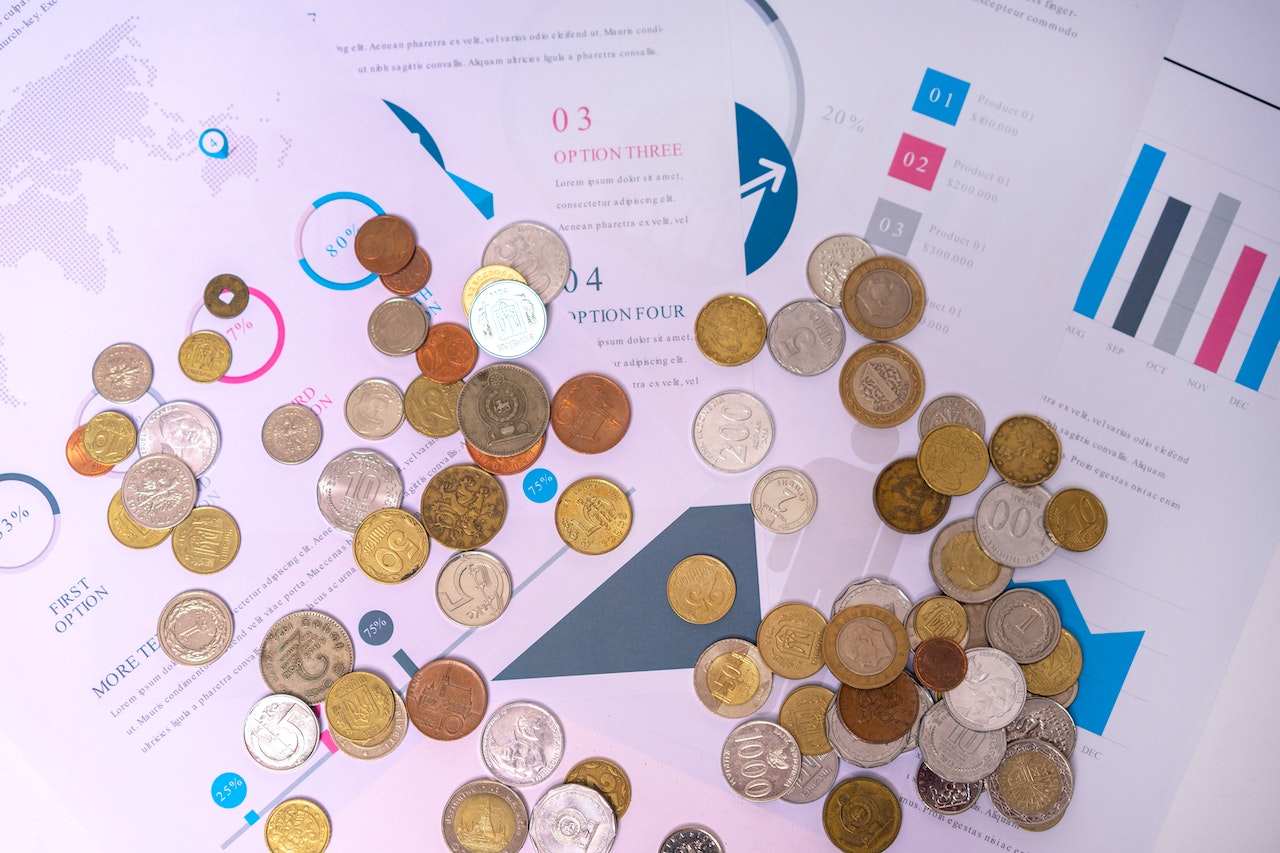Small and medium-sized firms (SMEs) are an important part of the Singapore economy, accounting for a large amount of employment and economic growth. SMEs, on the other hand, frequently suffer financial restraints that limit their capacity to expand and grow their enterprises. Fortunately, there are numerous sme term loan singapore that may assist firms in overcoming these obstacles and gaining access to the finances needed to invest in their operations and capitalise on development prospects. We will present a summary of the top SME loans in Singapore, including their features and benefits, eligibility conditions, and application processes, in this article. Small businesses can choose the best funding option for their needs and growth by understanding the various SME loans available.
OCBC Business First Loan
OCBC Business First Loan is one of Singapore’s top SME loans, with affordable interest rates and flexible payback arrangements. This loan is appropriate for small firms looking to finance expansion plans such as purchasing equipment or recruiting more employees. The loan amount ranges from $50,000 to $500,000, with a five-year repayment period. For the first year, the interest rate is fixed at 9.80% p.a., followed by a variable rate of OCBC Prime + 3.50% p.a. This loan also includes a fee waiver for the first year, as well as quick approval and payout timelines.
DBS SME Working Capital Loan
The DBS SME Working Capital Loan is a government-backed loan aimed to assist Entrepreneurs in managing day-to-day expenses. This loan is meant to provide working capital for operational necessities such as inventory, payroll, and rent for firms with cash flow issues. The loan amount ranges from $20,000 to $300,000, with a five-year repayment period. Enterprise Singapore guarantees the loan and sets the interest rate at 3.50% per annum. This loan also has quick approval and disbursement times, with a one-day turnaround time.
Maybank SME Micro Loan
The Maybank SME Micro Loan is an unsecured loan designed for small enterprises in need of a small amount of funding to pay operating expenditures. This loan is meant to provide working capital for operational purposes such as inventory and payroll for businesses who have cash flow limitations. The loan amount ranges from $10,000 to $100,000 with a three-year repayment period. There are no collateral requirements and the interest rate is fixed at 6.88% p.a. This loan also has quick approval and disbursement times, with a three-day turnaround.
UOB SME Micro Loan
The UOB SME Micro Loan is an unsecured loan designed for small enterprises that need a small amount of funding to pay operating expenditures. This loan is meant to provide working capital for operational purposes such as inventory and payroll for businesses who have cash flow limitations. The loan amount ranges from $10,000 to $100,000 with a three-year repayment period. There are no collateral requirements and the interest rate is fixed at 6.88% p.a. This loan also has quick approval and disbursement times, with a three-day turnaround.
Eligibility Requirements for SME Loans in Singapore
Banks and financial institutions in Singapore lend to SMEs. SME loan eligibility depends on lender and kind. Singapore SME loans have several general eligibility requirements:
- Singapore-registered business:
- SME Age: At least two years in business.
- Revenue: The SME must have an annual turnover of less than S$100 million or S$500,000 in financing needs for micro-enterprises.
- Credit Score: The Business should have a solid credit score and history to repay the loan.
- Financial Statements: The SME must have two years of audited income, balance, and cash flow statements.
- Business Plan: The SME must have a business plan that details its goals, growth prospects, and loan use.
- Collateral: SME loans may require property or equipment as collateral.
- Personal Guarantees: Business owners may need to guarantee the loan.
- Industry and Business Type: The SME’s industry and company type may affect loan eligibility.
- Additional requirements may include a minimum shareholding by Singaporeans or Permanent Residents, financial predictions, and regulatory compliance.
SMEs should verify with the lender for eligibility requirements since they vary by lender and loan type.
Collateral Requirements for SME Loans in Singapore
Certain Singapore SME loans require collateral to be secured, while others are unsecured. Collateral is an item or property that the borrower pledges as security for the loan to the lender. In the event of a default, the lender has the right to seize the collateral in order to recuperate its losses. The types of collateral approved for SME loans vary per lender, however they usually include:
- Residential or commercial real estate, such as a home or business, can be used as collateral for SME loans.
- Company assets, such as machinery or automobiles, can be utilised to get SME loans.
- Stocks and other investments: Stocks and other investments can be used as collateral for SME loans.
- Outstanding invoices or accounts receivable: Outstanding invoices or accounts receivable can be used as collateral for SME loans.
When applying for a SME loan, businesses must carefully evaluate the collateral requirements. Collateral offers protection for the lender, but it also puts the borrower at danger. If the borrower fails to repay the loan, the collateral may be confiscated, resulting in financial losses and disruption to the business’s activities.
Application Process for SME Loans in Singapore
Depending on the lender, the application process for SME loans in Singapore differs. Most lenders, however, demand the following information:
- Company information: The lender will want to know about your company’s legal structure, industry, and financial history.
- The lender will want to know how the money will be used and how it will benefit the company.
- Loan amount and terms: The borrower must select the loan amount as well as the preferred payback terms.
- Financial statements: To determine the borrower’s creditworthiness, the lender may need financial documents such as income statements and balance sheets.
- Information about collateral: If collateral is necessary, the borrower must give information on the collateral, such as its value and ownership.
Following the submission of the loan application, the lender will analyse the information and decide whether or not to grant the loan. If the loan is authorized, the borrower will get the funds within a few business days.
Learn more: business loan singapore interest rate
Conclusion
SME loans are a vital source of financing for small businesses in Singapore. With various types of loans available, businesses can choose the financing option that best suits their needs and circumstances. Whether it is to manage day-to-day expenses, purchase equipment, or invest in growth opportunities, SME loans provide the necessary funds to help businesses achieve their goals. However, businesses must carefully consider the features and benefits, eligibility requirements, and application processes of different SME loans before applying. By doing so, they can choose the best financing option that suits their needs and facilitates their growth.
Find out loan for business startup in singapore



